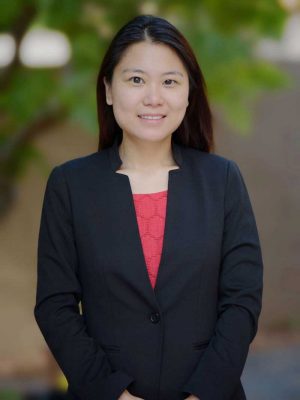Latest News
Integrating Online and Offline Service to Grow Medical Practices
Bauer Researcher Examines Integration of Online and Offline Services in Medical Field
Published on June 9, 2021

Telemedicine and other types of online healthcare are growing more quickly than ever, thanks in part to the global pandemic. But research about the impact of offering medical services online is still in its earliest days.
New research from award-winning Bauer Fellow and Associate Professor of Decision & Information Sciences Nina Huang sheds light on how integrating online and offline services could affect the growth of a medical practice and its reputation.
Huang’s research, recently published by Production and Operations Management, found that e-healthcare providers using a technology platform that allowed them to provide continual, synchronized medical care online experienced increased online demand and decreases in offline demand. The study further found a slightly different impact on medical practices that specialize in treating chronic disease. These practitioners experienced increases in both online and offline visits.
Huang and her co-authors collected and analyzed data from more than 30,000 e-healthcare providers over an eight-month period via a popular e-healthcare platform in Asia.
The providers in the study used technology that allowed them to answer online inquiries, offer online consultations, schedule patients’ offline visits and synchronize relevant medical records. Those that did, added online patients at a higher rate and also got better online reviews, Huang said.
The results were particularly strong for medical practices specializing in the treatment of chronic disease.
“This type of service integration is especially helpful for those providers,” Huang said, “It seems that this type of online healthcare feature allows them to serve their clients better, with more patients booking offline visits as well.”
Huang’s research focuses on understanding individuals’ usage of information technology (IT) and digital artifacts and how to optimally design those IT and digital artifacts in various contexts, such as digital learning, online knowledge exchange, online healthcare, mobile applications, and digital commerce.
She was awarded the Association for Information Systems (AIS) Early Career Award and is an Associate Editor at MIS Quarterly.
Huang earned her doctorate at Temple University’s Fox School of Business. She also holds masters’ degrees in business research and advertising from Michigan State University. Prior to joining Bauer College, she was a faculty member in the W. P. Carey School of Business at Arizona State University.


